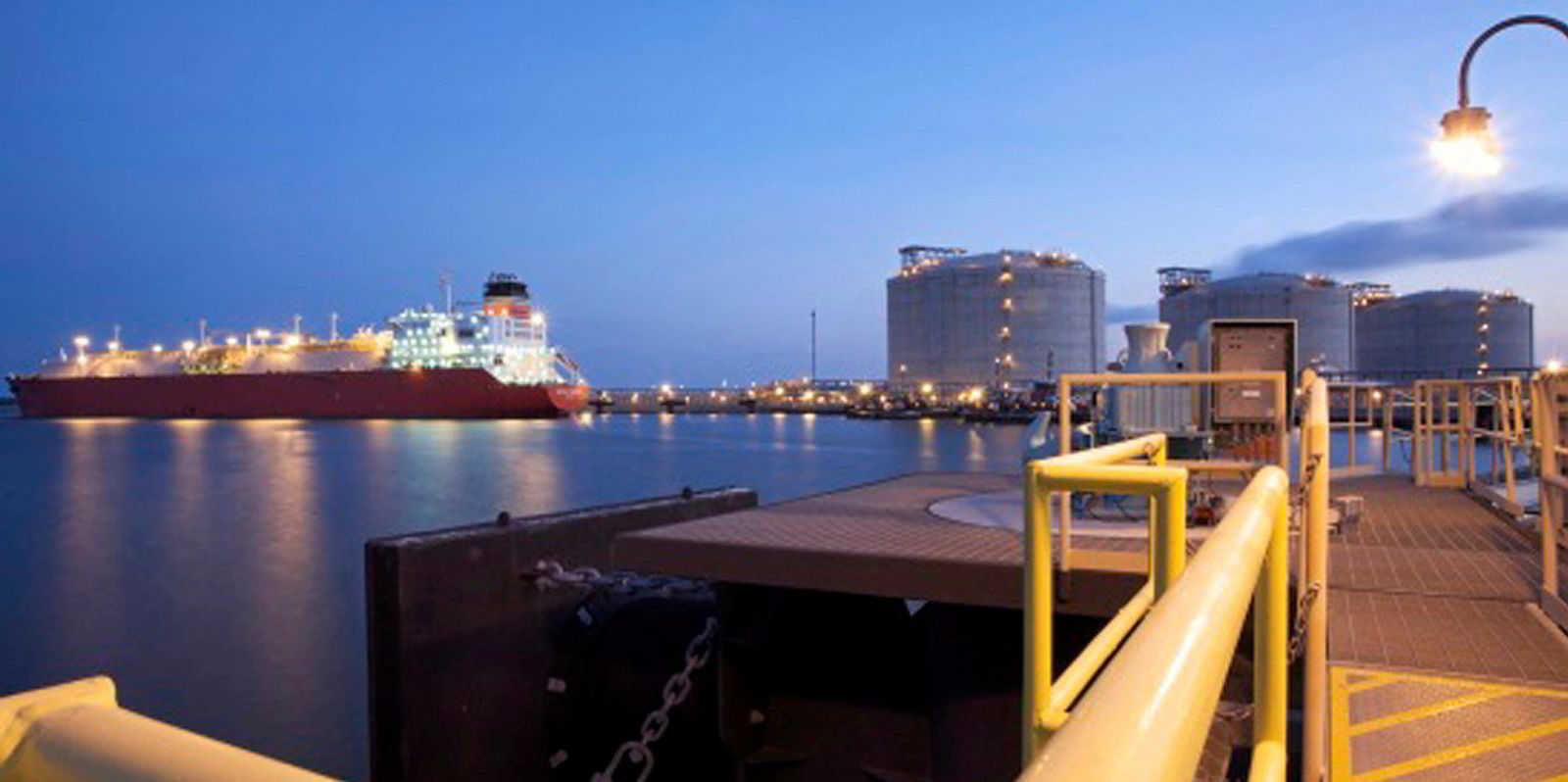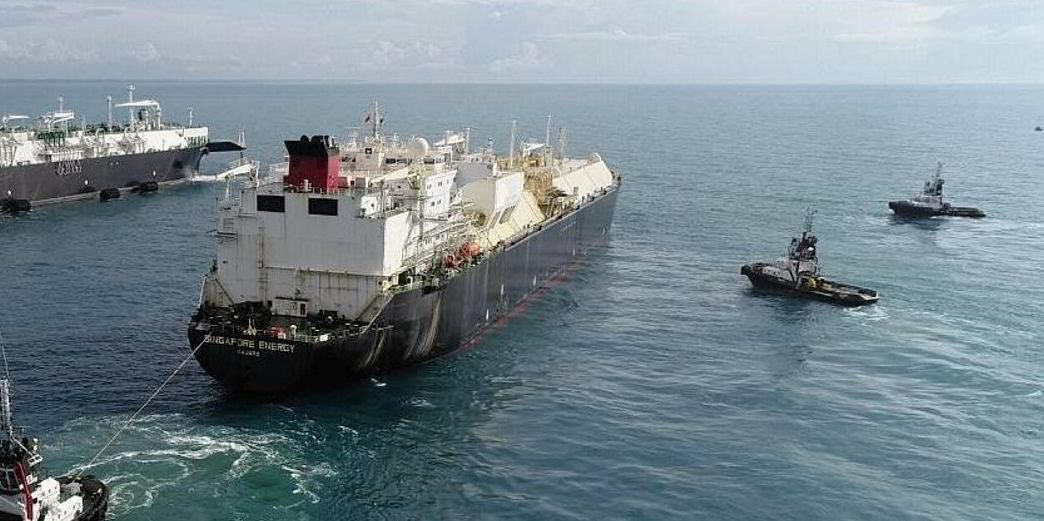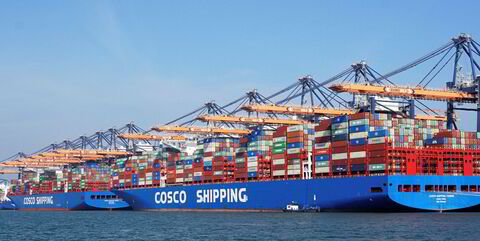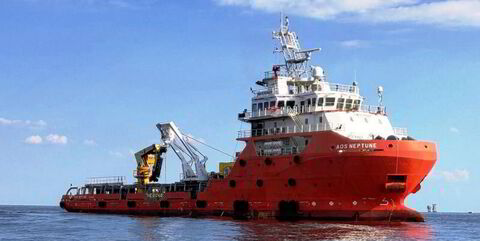South Korean shipowner and manager Kmarin Group has put one of its LNG carriers up for sale at a strong price.
Brokers and other shipowning sources said the company is offering the 154,996-cbm, dual-fuel diesel-electric (DFDE) Kmarin Diamond (ex-British Diamond, built 2008) for sale.
They said the membrane-type vessel — the only LNG carrier listed as being under Kmarin’s control — is being touted around the market for offers in the region of $120m to $130m.
Some said the LNG carrier had been on and off the market before this.
Potential buyers said this is a very strong price for a ship of this age, capacity and type.
TradeWinds has made multiple attempts to contact Kmarin — also known as Kukje Maritime Investment Corp — about the vessel.
South Korean sources indicated that Kmarin may be keen to offload the single LNG carrier to concentrate on its tanker business.
Clarksons Shipping Intelligence Network lists the owner-manager as controlling four VLCCs, nine aframax tankers, three bulk carriers and two container ships.
The Kmarin Diamond is on bareboat charter to energy major vessel operator BP Shipping.
The ship is one of four groundbreaking LNG carriers ordered by BP in 2004 as they were among the first DFDE vessels to be contracted as charterers looked to improve the efficiencies of their ships.
The so-called Gem-class newbuildings, which were built at Hyundai Samho Heavy Industries, were priced at $179m each.
From 2018, the ships were sold off and bareboated back to BP until dates in 2023 and 2024. Greek owner Thenamaris now owns the other three Gem-class sisterships.
In the interim, LNG carrier designs have moved on with the workhorses of the trades now being two-stroke gas-injection ships of about 174,000 cbm to 180,000 cbm.
Secondhand sales of LNG carriers have somewhat fallen away in the second half of 2023 after a busy period during 2022 and making a brisk start in 2022 when around $500m of sales were concluded in 18 months.
Brokers cite the high price of newbuildings, which are currently hovering in the region of $260m per ship, and yards’ full berth positions, which mean buyers are unable to get berths until delivery dates in 2027 at the earliest and more likely in 2028.
They said that partly as a consequence of this, asset prices have risen and sellers have fallen away or are at least taking stock until sales price expectations normalise.
In conjunction with this, conversion costs for LNG carriers, which may have been targeted for switches into floating storage and regasification units or storage vessels, have also risen, which has introduced more wariness among buyers assessing secondhand vessel candidates for projects.





